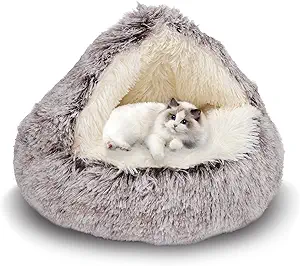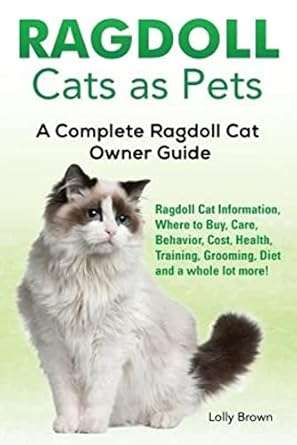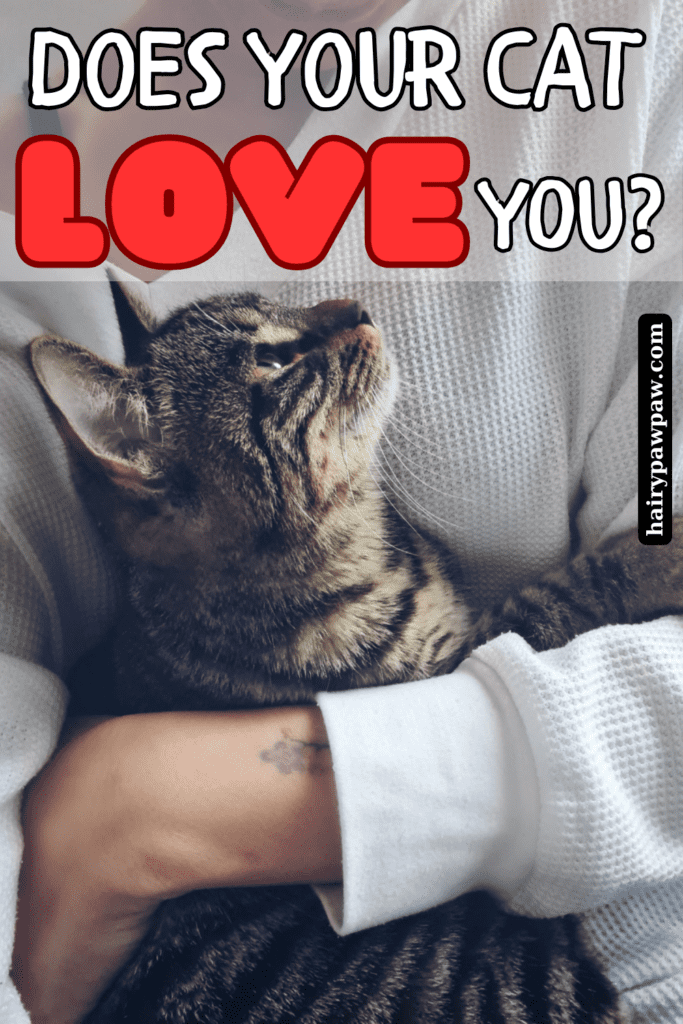Ragdoll Cat Myths and Facts You Should Know
This post may contain affiliate links, which means I’ll receive a commission if you purchase through my link, at NO EXTRA COST TO YOU
Ragdoll cats have gained immense popularity due to their stunning looks and affectionate nature. However, myths often surround this breed, leading to misconceptions about their personality, behavior, and care. In this blog, we will explore common Ragdoll cat myths and facts to help you understand these gentle giants better.

Myth 1: Ragdolls Are Lazy Cats
One prevalent myth about Ragdoll cats suggests they are lazy. While Ragdolls enjoy lounging around and can be quite relaxed, this doesn’t mean they lack energy. In fact, they love playtime and require regular exercise to stay healthy. They engage in play with interactive toys and enjoy chasing after feather wands or laser pointers.
Fact: Ragdolls need mental and physical stimulation. Daily play sessions keep them active and happy, balancing their laid-back demeanor with energetic bursts of activity.
Myth 2: Ragdolls Are Not Intelligent
Another myth claims that Ragdolls lack intelligence. This misconception likely arises from their calm and gentle nature. However, Ragdolls display remarkable problem-solving skills and can learn tricks just as easily as other breeds. They respond well to positive reinforcement and can even be trained to perform various commands.
Fact: Ragdolls exhibit intelligence. Engaging them in puzzle toys or interactive games helps stimulate their minds and keeps them entertained.
Myth 3: Ragdolls Are Always Affectionate
People often believe that all Ragdoll cats are affectionate and sociable. While many Ragdolls have a sweet temperament, individual personalities can vary. Some may be more independent than others, preferring to observe rather than interact. Additionally, socialization during kittenhood plays a crucial role in developing a Ragdoll’s personality.
Fact: Not every Ragdoll cat displays the same level of affection. Early socialization and individual temperament shape each cat’s personality.
Myth 4: Ragdolls Don’t Need Grooming
Some owners mistakenly think that Ragdolls do not require grooming due to their semi-long fur. In reality, Ragdolls have a soft, silky coat that benefits from regular brushing. Weekly grooming helps prevent matting and reduces shedding, keeping their fur in top condition.
Fact: Ragdolls need regular grooming. Brushing helps maintain their coat and minimizes hairballs, contributing to their overall health.
Myth 5: Ragdolls Can’t Be Left Alone
Many people believe Ragdolls cannot be left alone for long periods. While Ragdolls thrive on companionship, they can adapt to being alone when necessary. With proper training and environmental enrichment, Ragdolls can handle time spent alone without experiencing anxiety.
Fact: Ragdolls can learn to be independent. Providing toys and interactive feeders helps keep them occupied while you’re away.
Myth 6: Ragdolls Are Hypoallergenic
Some people assume that Ragdoll cats are hypoallergenic because they have a medium-length coat. However, no cat breed is entirely hypoallergenic. Ragdolls produce allergens like any other breed, so potential owners with allergies should spend time with Ragdolls before bringing one home.
Fact: Ragdolls are not hypoallergenic. Regular grooming and cleaning can help reduce allergens in your home, benefiting allergy sufferers.
Myth 7: Ragdolls Are Prone to Health Issues
While Ragdolls are generally healthy cats, some owners believe they face numerous health issues. Like all breeds, Ragdolls can be prone to specific conditions, including hypertrophic cardiomyopathy (HCM). However, responsible breeding practices can significantly reduce the risk of hereditary health problems.
Fact: Ragdolls can be healthy with proper care. Regular veterinary check-ups and a balanced diet contribute to their overall well-being.
Myth 8: Ragdolls Are Just for Families
People often think that Ragdolls make ideal pets only for families with children. While they do well in family settings, Ragdolls can thrive in various households, including those with single owners or other pets. Their gentle nature allows them to adapt well to different living situations.
Fact: Ragdolls fit into many types of homes. They are adaptable and can live harmoniously with children and other animals.
Conclusion
Ragdoll cats enchant many with their beauty and gentle nature. However, myths can lead to misunderstandings about their behavior and care. By debunking these common misconceptions, you can appreciate Ragdolls for their true personalities. Remember that each Ragdoll is unique, and understanding their needs will help you provide the best care for your furry friend. Whether you are a potential owner or a current Ragdoll enthusiast, knowing the facts behind these myths allows you to enjoy a deeper bond with your Ragdoll cat.







